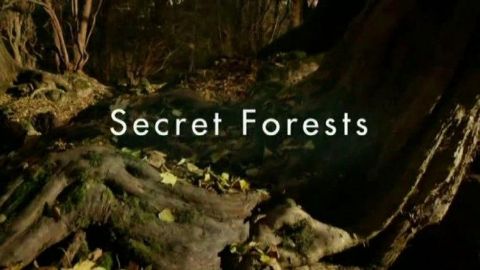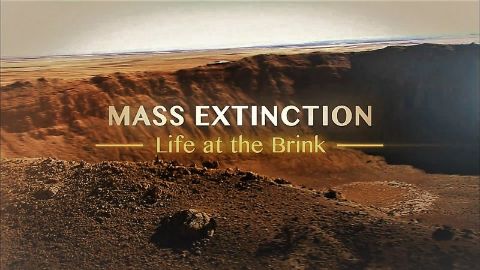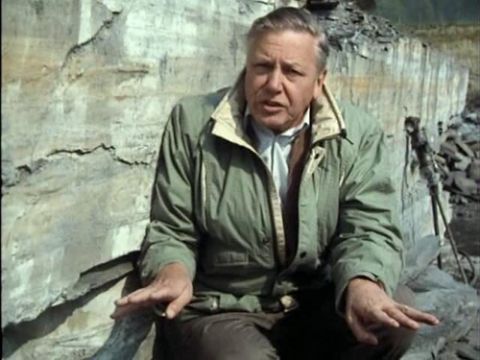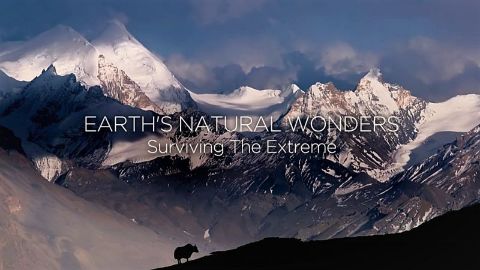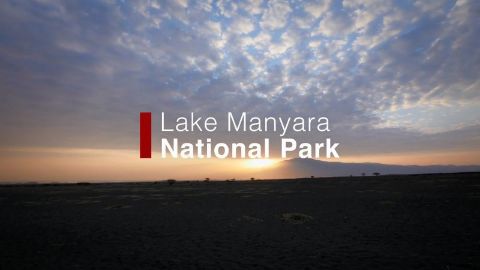Behind Russias Frozen Curtain • 2015
Explore the stark landscape, frigid sea, and wild animals in one of the most remote and inhospitable places on Earth. National Geographic Pristine Seas Explorer-in-residence Enric Sala leads a group of scientists on the first international scientific expedition to Franz Josef Land. His team works with Russia's most formidable biologists, geomorphologists and ornithologists to understand how climate change is affecting this remote ecosystem. From diving in subzero temperatures to running away from polar bears to avoiding titanic icebergs, the Pristine Seas team faces some of its most dangerous challenges to date.
Make a donation
Buy a brother a hot coffee? Or a cold beer?
Hope you're finding these documentaries fascinating and eye-opening. It's just me, working hard behind the scenes to bring you this enriching content.
Running and maintaining a website like this takes time and resources. That's why I'm reaching out to you. If you appreciate what I do and would like to support my efforts, would you consider "buying me a coffee"?
Donation addresses
BTC: bc1q8ldskxh4x9qnddhcrgcun8rtvddeldm2a07r2v
ETH: 0x5CCAAA1afc5c5D814129d99277dDb5A979672116
With your donation through , you can show your appreciation and help me keep this project going. Every contribution, no matter how small, makes a significant impact. It goes directly towards covering server costs.
